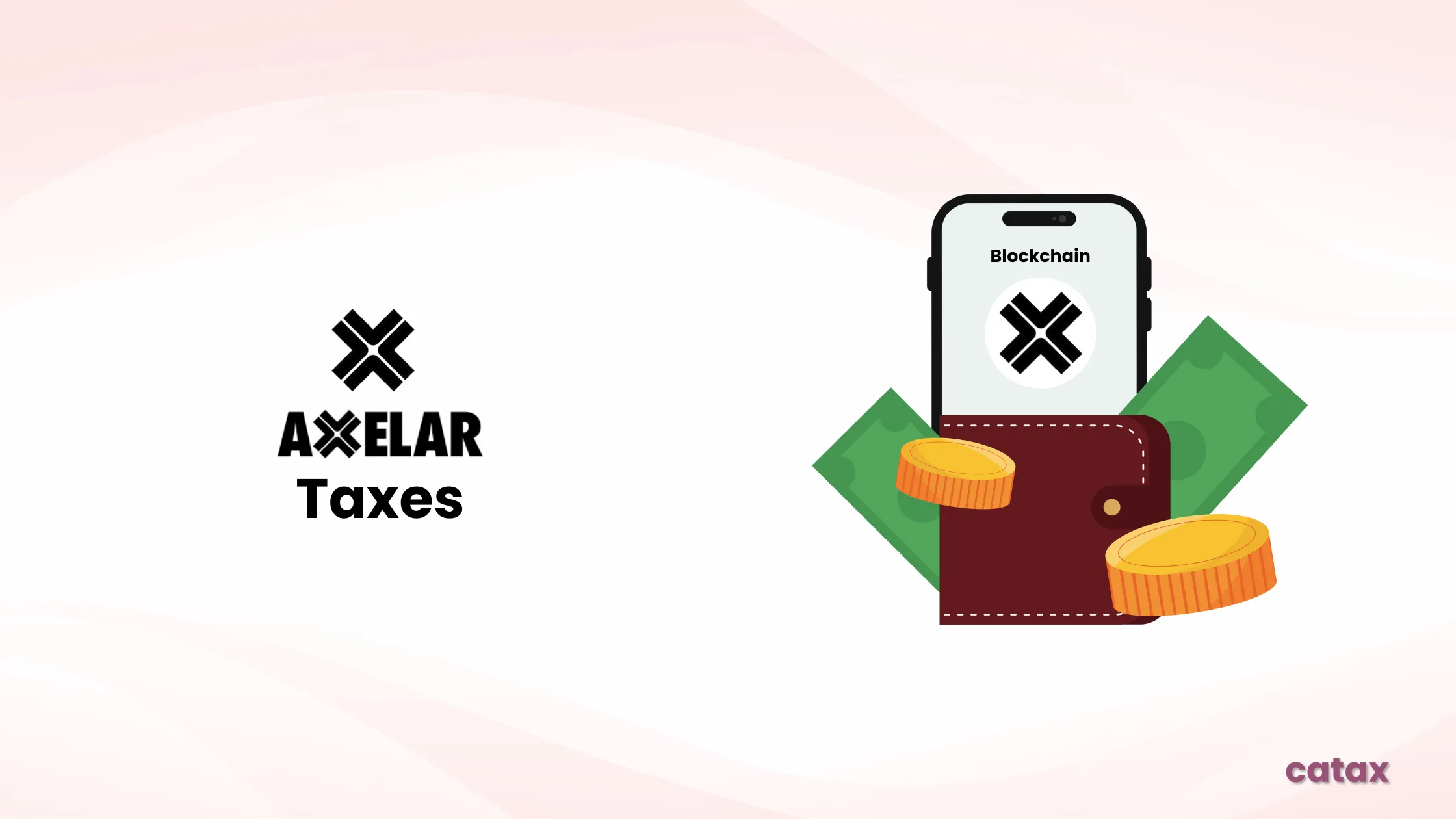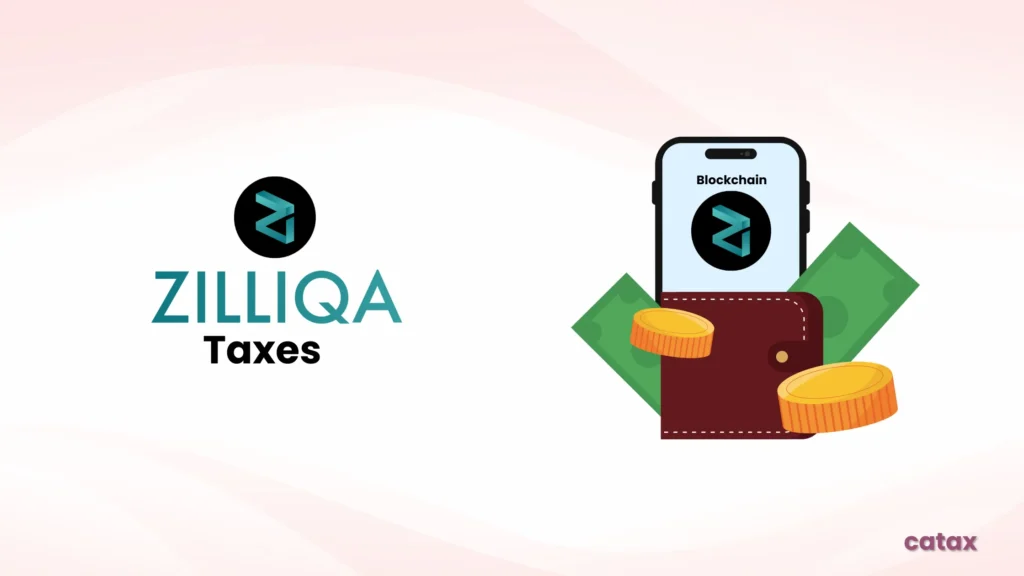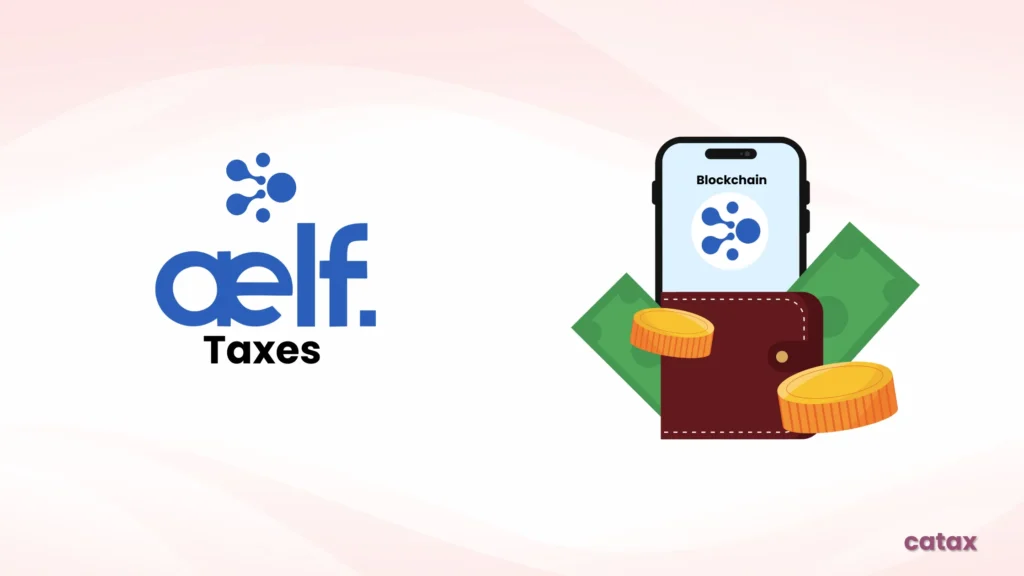Cryptocurrency tax rules differ across countries, and Axelar (AXL) taxes transactions may be subject to various tax treatments depending on your local regulations. Whether you’re buying, selling, trading, or staking AXL, it’s important to understand how tax authorities classify these activities to remain compliant and avoid potential penalties.
This guide simplifies Axelar tax rules to help you navigate your crypto taxes with confidence and stay in line with legal obligations.

How to Connect Your Axelar Wallet to Catax?
To easily track your Axelar (AXL) transactions and calculate taxes, follow these steps to connect your wallet to Catax:
- Open your Axelar wallet or use a supported block explorer (such as MetaMask, Ledger, Keplr, or any Axelar-compatible wallet).
- Copy your public wallet address from your Axelar wallet.
On Catax:
- Log in to your Catax account and select your country.
- Choose Chain, then search for Axelar Wallet.
- Paste your public wallet address and click Connect.
Once connected, Catax will automatically import your AXL transactions and help streamline your crypto tax reporting.
Calculate My Taxes ➤Are Axelar (AXL) Transactions Taxable?
Yes, in most countries, Axelar (AXL) transactions are taxable. Depending on how you use AXL, tax authorities may classify it as a capital asset, property, or income.
When Do You Have to Pay Taxes on Axelar (AXL)?
You may be required to pay taxes in the following scenarios:
- Selling AXL for a profit – If you sell AXL for more than you paid, the profit is typically taxed as capital gains.
- Trading AXL for another cryptocurrency – Swapping AXL for Bitcoin, Ethereum, or any other crypto is often considered a taxable event.
- Using AXL for purchases – Spending AXL on goods or services may trigger capital gains tax if the token has increased in value since acquisition.
- Earning AXL from staking or rewards – AXL received from staking, delegating, or participating in Axelar’s ecosystem is generally taxed as income at the time it’s received.
- Receiving AXL as payment – If you’re paid in AXL for services or products, it is usually taxed as income based on the fair market value at the time of receipt.
Tax treatment may vary depending on your jurisdiction, so always refer to your local crypto tax laws.
Can You Deduct Trading Fees and Other Costs?
Whether you can deduct fees or expenses related to AXL depends on your country’s tax regulations.
Some jurisdictions allow deductions for:
- Trading fees when buying or selling AXL
- Network or gas fees for transferring AXL between wallets
Others may only allow:
- The original purchase cost (cost basis), without accounting for additional expenses.
Always check your local tax rules or consult a tax advisor to confirm which deductions apply.
How Is Axelar (AXL) Taxed Based on Holding Period?
Your tax rate may be influenced by how long you’ve held your AXL tokens:
- Short-term holdings (less than one year) – Usually taxed at your standard income tax rate.
- Long-term holdings (over one year) – Some countries offer lower tax rates for long-term capital gains.
- Flat-rate systems – Certain jurisdictions apply a fixed tax rate to crypto gains regardless of the holding period.
Knowing your country’s tax framework helps you stay compliant and plan your crypto strategy more effectively.
You can also check out our Country-Specific Guide for Crypto in Your country. This guide provides insights on regulations, tax implications, and compliance measures breifly explained for each country.
How Is Staking Income Taxed?
Staking Axelar (AXL) tokens can generate passive income, but how that income is taxed depends on your country’s tax laws. In some regions, staking rewards are taxed as soon as you receive them, while others apply taxes only when the rewards are sold or exchanged.
How Countries Tax Staking Rewards?
- Taxed as income – In many jurisdictions, staking rewards are treated as ordinary income. This means you’ll pay taxes on the fair market value of AXL at the time you receive the rewards, using your standard income tax rate.
- Taxed as capital gains – In other regions, taxes only apply when you sell or exchange your staking rewards. You’re taxed on the profit made between the value at receipt and the value at sale.
If you stake AXL, it’s important to understand how your local tax authority treats staking income—even if you haven’t sold the tokens yet.
Always check your country’s specific tax rules before staking Axelar to avoid unexpected tax liabilities.
Can You Claim Axelar (AXL) Losses for Tax Benefits?
Not all trades result in a profit. If you sell AXL at a loss, you may be able to reduce your overall tax burden. Here’s how different jurisdictions handle crypto losses:
- Loss offsets – Many countries allow you to use crypto losses to offset other capital gains, reducing the total taxable amount.
- Loss carryforward – If your losses exceed gains in the current year, some jurisdictions let you carry them forward to offset future profits.
- Limited or no deductions – In certain regions, crypto losses may not be deductible, offering no tax benefit.
Keeping detailed records of your AXL transactions is essential for accurately reporting losses and claiming benefits where allowed.
How to Stay Compliant with Axelar (AXL) Tax Rules?
As crypto regulations continue to evolve, staying compliant is key to avoiding penalties and confusion. Here’s how:
- Understand classification – Determine how your country classifies AXL transactions (e.g., income, capital gains, or business income).
- Maintain accurate records – Track all AXL activity, including buying, selling, staking, rewards, and transfers.
- Use a crypto tax platform like Catax – Catax automatically syncs your AXL transactions and simplifies the tax reporting process.
By staying proactive and organized, you can manage your Axelar taxes confidently and avoid costly mistakes.
Book a Free Consultation Now →

